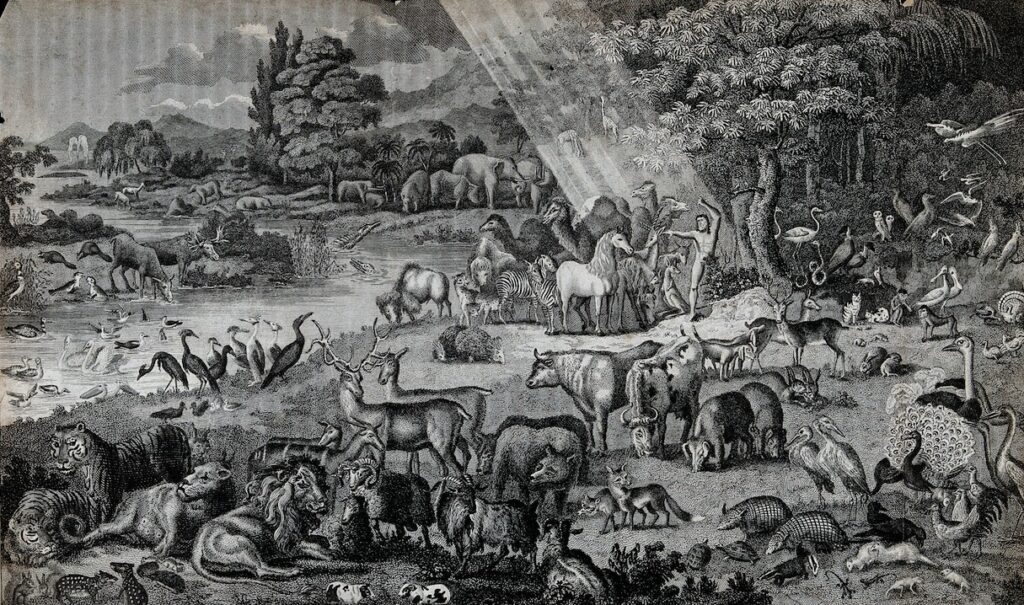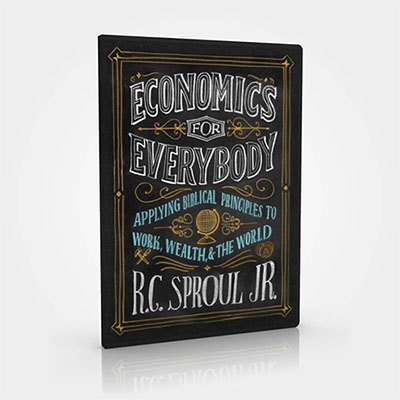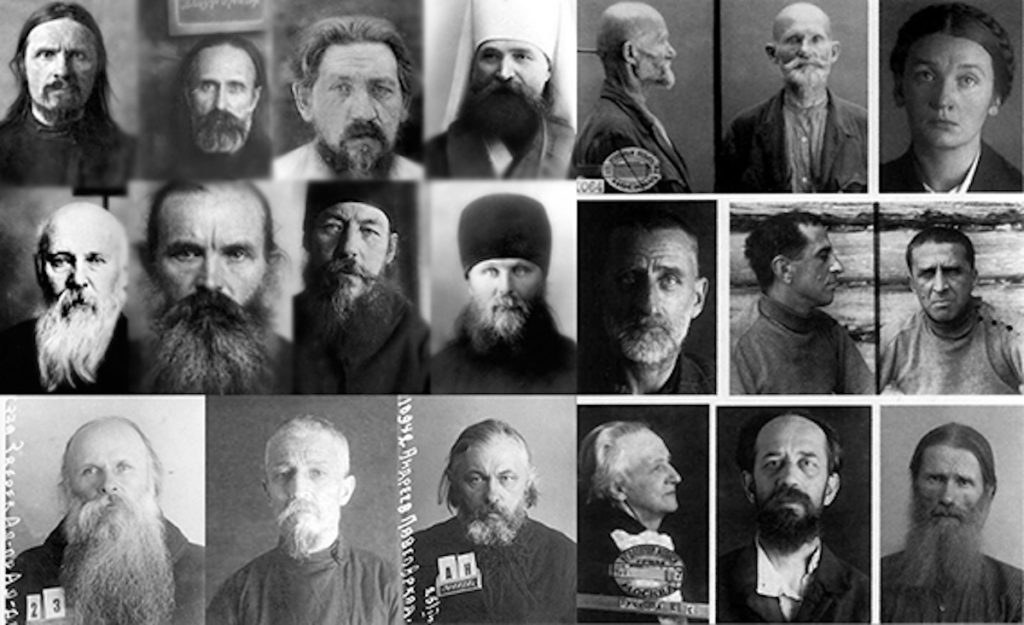
Does God Like Economics?
Does God like economics? When it comes to economics, one of the first missteps we make is not seeing God as someone who works.
We have this image of God as a King who just sits on His throne giving orders. Work seems a bit below the royal dignity, doesn’t it? Our view of work is someone with a sweat-stained back cutting down a tree or digging a ditch: now that’s work. Work requires some serious effort. Work is about action.
But isn’t that exactly what God did at creation? Judging by the impressiveness of the universe, He put forth some serious effort. In fact, notice what the Bible says He did after six days of creation: He rested. This doesn’t mean He was tired in the same sense that we get tired after working, but it does mean that He made a clear distinction between work and rest.
Jesus often talks about work, and provides an interesting insight when He says that: “My Father is working until now, and I am working.”
It’s so important that He put Adam in the garden “to work it and keep it.” God took His creation and assigned it to Adam “to fill and subdue.” That sounds like work to me.
Does God Like Economics?
So, what does this have to do with economics?
The Bible shows us economics begins with work. God demonstrated this with His own creative action, then told Adam to follow His example. But it’s not work for work’s sake, or even work for Adam’s sake. It’s work for God’s sake.
This is the point of God commanding Adam to do specific things. Theologians often refer to these initial commands as the “creation mandate.” They are binding for everyone in the world. You could say the creation mandate is pressed into our DNA. We were designed to follow God’s commands. It’s our purpose in life.
Now when you follow someone’s commands, it means you’re ultimately working for them. In other words, with the creation mandate, God made us stewards of the creation. According to Genesis 1 and 2, our primary job as stewards is to have families and manage God’s property for their provision, all the while enjoying a close relationship with Him.
This is a pretty sweet deal. We have the whole of creation before us, we have a charming mate – all we have to do is to start making choices about what to do with that creation. This, after all, is the pattern God showed us when He created things out of nothing. During those six days of creation, He made lots and lots of choices and created lots and lots of useful, beautiful things.
Choosing, therefore, is at the heart of economic activity. This is one of the reasons God let Adam name the animals: it revealed to Adam the differences within the creation as well as its natural limitations. Some animals fly, some walk, some swim; some have two legs, some four, some over a hundred.

Natural Limitations
These natural limitations are built into the creation: some places are mountains, some are fields, some are lakes, some are streams. Some are better for mining metals, some for growing crops, some for fishing and irrigation.
Our job as stewards, therefore, is to make wise choices and reshape the creation. We do this for our own local purposes as they operate within the bounds of God’s greater purposes. God designed potato plants for us to make French fries just as much as He designed electromagnetic radiation for us to develop WiFi. The creation is pregnant with endless possibilities even though each aspect of it is limited in its own way.
This means economics starts with work, is driven by choices, and is guided by God’s commands. We could sum it all up by saying ‘economics is the study of the choices we make while using our limited resources in order to be good stewards before God.’
But that’s only the start. What I find really interesting is that when these three aspects come together in men and women, an entire world of economics grows up out of it.
Want to teach your kids Economics?
RC Sproul, Jr.’s consummate teaching is illustrated with hundreds of fun and interesting clips from old movies and cartoons. Learning economics is interesting and enjoyable with Economics for Everybody. Learn more about our Economics course based on Biblical principles.






